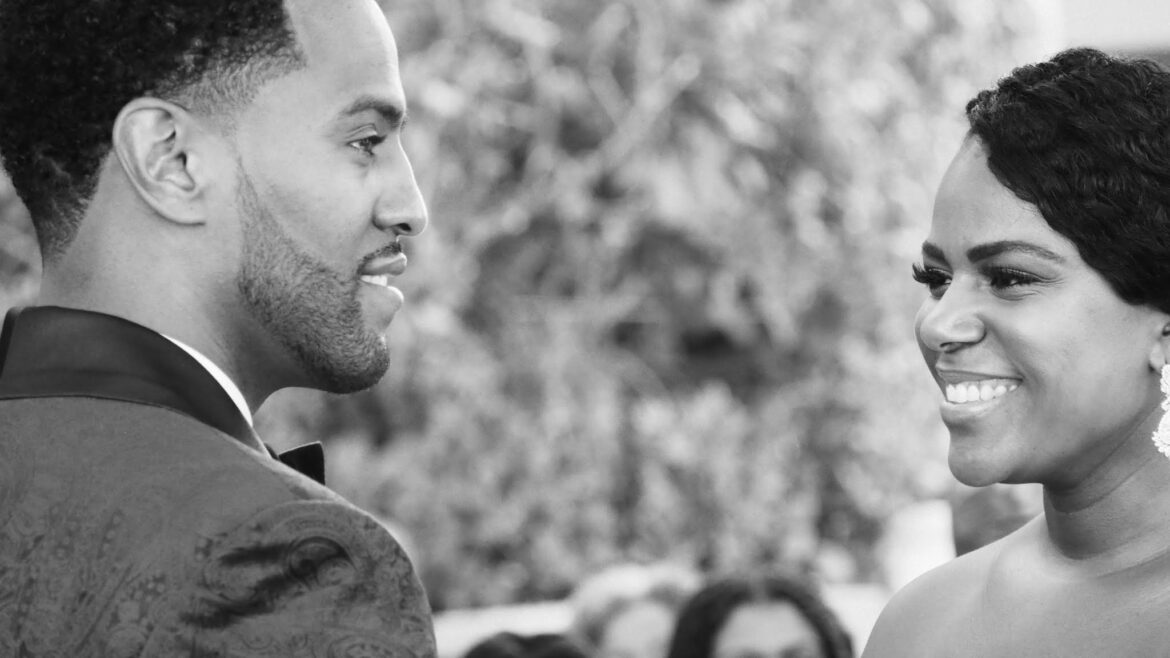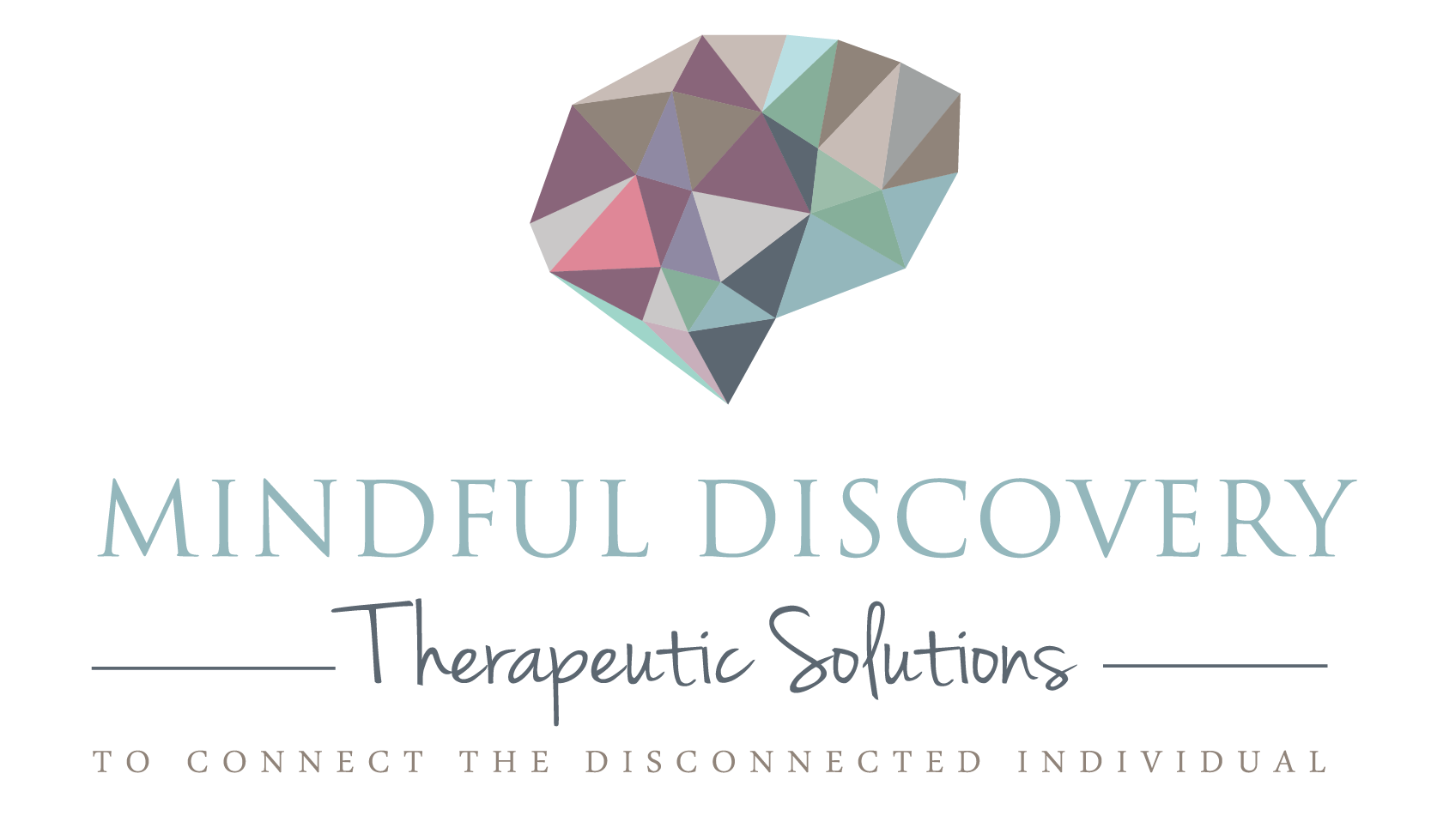
Couple & Relationship Issues
Good relationships can be a source of love, fulfillment, and support. Many people consider finding a romantic partner to be their purpose in life. However, even the best relationships will face challenges. It takes effort to keep the bonds of intimacy strong.
As long as each partner is willing to address the issue at hand and work together toward a solution, most relationship problems are manageable. When challenges are left unaddressed, tension mounts, poor habits develop, and the longevity of the relationship falls into jeopardy. A couples counselor can help romantic partners communicate their needs and rebuild their bond.
Editor’s note: This page focuses on monogamous relationships. You can read more about polyamorous relationships here.
RELATIONSHIP STAGES
Every relationship is as different as the individuals within it. That said, most relationships and marriages tend to go through the same three phases. These phases often have choices or challenges that a couple must work through.
Romance or Rejection
The first phase has a couple getting to know each other and falling in love. It typically occurs during the courtship process and the first several years after marriage (assuming the couple gets married). During the first phase, an individual’s body will produce lots of “love hormones” that make them feel good around their partner. This is when a couple feels the quintessential “spark” or “passion” shown in movies.
During this time, a couple is learning more about each other and actively building intimacy. However, the partners often don’t know as much about each other as they believe. A person may hide parts of themself to avoid conflict or rejection. An individual may also idealize their partner, ignoring their loved one’s more unpleasant or unhealthy behaviors. However, these issues will almost always need to be addressed eventually.
Trust or Disillusionment
The second phase is when the rose-colored glasses come off. When a couple lives together and starts sharing resources, more opportunities for conflict arise. Partners may disagree on how to spend money or organize their living space. The quirks which used to be endearing may become downright nauseating after five years of repetition.
Even if the partners agree on everything, the sheer weight of time can strip the relationship of its novelty. Humans don’t tend to get excited about something they encounter every day. When the passion is gone, a person will start to wonder: Can I rely on my spouse to care for me when I am vulnerable? Can I trust them to treat me well even when we disagree?
It is usually not enough for partners to love each other: they also need to enjoy each other’s company. Couples who like each other can build trust that carries them through rough times. Couples who can’t get over their differences will grow apart.
Adjustment or Separation
Couples who grow apart during the second phase will separate in the third. Sometimes this separation comes as a breakup or divorce. In other cases, the couples separate emotionally, withdrawing into bubbles of resentment and resignation. They will see each other as an enemy or a burden rather than a long-term companion.
Couples who trust and respect each other will likely stay together in the third phase. They’ll likely learn to negotiate their needs and accept differences in opinion. They’ll neither idolize nor demonize each other, but rather see one another as people.
DO YOU HAVE AN UNHEALTHY RELATIONSHIP?
While it is impossible to predict the future, relationships are more likely to last a lifetime if they are healthy. But when you are in the thick of conflict, it can be hard to tell if you and your partner are going through a rough patch or if you have unhealthy relationship dynamics. If you are unsure, here are a few questions to ask yourself:
Do you make time for romance?
Healthy couples often make intimacy and romance a priority, even when the rest of their lives are busy. In unhealthy relationships, partners often get distracted with work or parenting responsibilities, and they neglect to make time for each other. This phenomenon can cause partners to grow apart.
As couples age, their sexual needs and desires may grow out of sync. Healthy couples work through these changes to create a sex life that suits everyone. In unhealthy couples, an individual may resent their partner for not meeting their expectations. They may cheat on their partner and seek sexual fulfillment outside the relationship.
What happens when you disagree?
Every couple has disagreements. But when they have conflict, healthy couples still show each other respect and affection. They look for chances to agree with or compromise with each other to find solutions to the problem. When one person is upset at their partner, they complain about behavior rather than criticizing the partner’s character or worth.
Unhealthy couples tend to dismiss each other’s viewpoints, both verbally and through body language. An individual may use mockery, insults, or unrelated grudges to “win” the fight. They may also get defensive or start stonewalling when they feel attacked. Unhealthy relationships can move from toxic to abusive when threats, emotional manipulation, and physical violence are present.
Do you each have a sense of self outside the relationship?
Relationships can be a vital source of self-esteem, emotional support, and identity. However, even the best spouse cannot fill a person’s every need. Healthy couples still nurture bonds with their families, friends, and the larger community. They can each spend time with other people without getting jealous or insecure.
Partners can still love each other without sharing everything in their lives. They do not have to share 100% of their hobbies or opinions. If one person insists on having everything their way or tries to control their partner’s life, then the relationship has likely become toxic.
What does each partner contribute to the relationship?
Many couples fight over how much each person contributes to finances, housework, or parenting duties. One or both people may believe they are doing more than their share of work. They may feel overwhelmed, resentful, or unappreciated. These disputes can get even more complicated when one party has a physical or mental health issue that affects their daily functioning.
In a healthy relationship, partners will negotiate their responsibilities fairly and in good faith. An equitable workload can take many forms. Perhaps both partners work part-time and split the housework 50-50. Or maybe one individual financially supports their partner through graduate school, then the second partner works while the first starts a small business. There is no single formula for fairness.
WHAT TO EXPECT IN COUPLES COUNSELING
Couples often seek counseling when relationship problems begin to interfere with daily functioning or when partners are unsure about continuing the relationship. Married couples often go to marriage counseling. Couples who are dating, cohabitating, or engaged often go to premarital counseling.
Couples often approach counseling with the hope that the therapist will tell them who is right. However, relationship counselors are unlikely to take sides in an argument. Instead, trained therapists help each partner to communicate their needs more clearly and listen to the other partner more carefully. As a third party, they can show a couple when and where miscommunication is happening. In other words, most therapists aren’t working to end disagreements so much as help couples negotiate healthy solutions to their conflicts.
Couples don’t need to be in a crisis to benefit from counseling. A couple could seek therapy to prevent conflict as they navigate new terrain in their lives. For example, a couple may seek counseling after their child dies so they can keep their marriage strong as they grieve. A couple could also wish to improve their relationship in general, even if they don’t know exactly what their relationship needs.
For couples counseling to significantly help a relationship, each partner needs to commit, at a minimum, to the relationship counseling for the time it continues. According to the American Association of Marriage and Family Therapy, couples therapy lasts 11.5 sessions on average. However, there is no limit to how many sessions a couple can have. Some couples will need more time than others to work through their problems.
Couples counseling is not recommended for abusive relationships. To get the most out of couples counseling, each partner also needs to demonstrate honesty, respect for their partner, and a willingness to accept personal accountability. These qualities are rarely present in abusive relationships, which may make the therapy process difficult or impossible. The safety of each partner is paramount to ensuring positive treatment outcomes. Thus, many therapists will not engage in relationship counseling if domestic violence has occurred.
If you and your partner would like to attend marriage counseling or relationship therapy, you can find a couples counselor here.
References:
- About marriage and family therapists. (n.d.). American Association for Marriage and Family Therapy. Retrieved from https://www.aamft.org/About_AAMFT/About_Marriage_and_Family_Therapists.aspx?hkey=1c77b71c-0331-417b-b59b-34358d32b909
- Healthy vs. unhealthy relationships. (2014). Retrieved from http://depts.washington.edu/hhpccweb/health-resource/healthy-vs-unhealthy-relationships
- Gottman, J. (2014, November 19). The 3 phases of love. Retrieved from https://www.gottman.com/blog/the-3-phases-of-love
- Lisitsa, E. (2013, April 23). The four horsemen: Criticism, contempt, defensiveness, and stonewalling. Retrieved from https://www.gottman.com/blog/the-four-horsemen-recognizing-criticism-contempt-defensiveness-and-stonewalling
- McCabe, M. P. (2006). Satisfaction in marriage and committed heterosexual relationships: Past, present, and future. Annual Review of Sex Research, 17, 39-58. Retrieved from http://search.proquest.com/docview/225227658?accountid=1229
- Nine psychological tasks for a good marriage. (n.d.). Retrieved from https://www.apa.org/helpcenter/marriage
